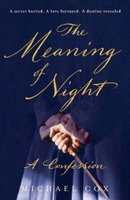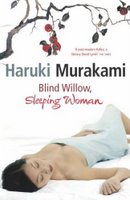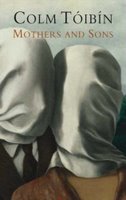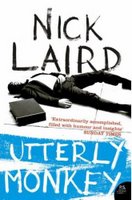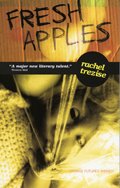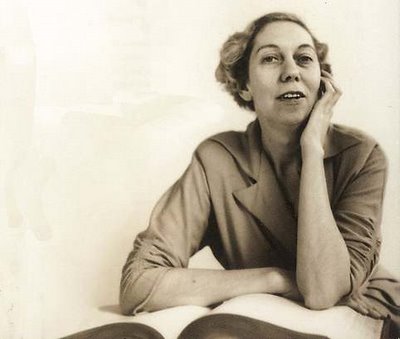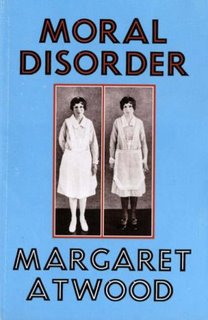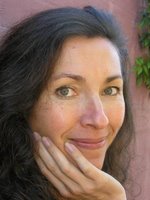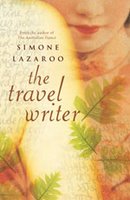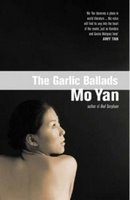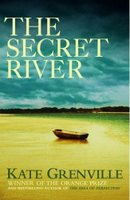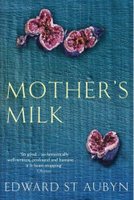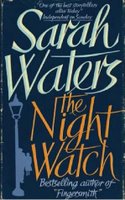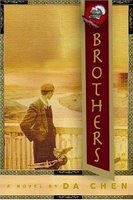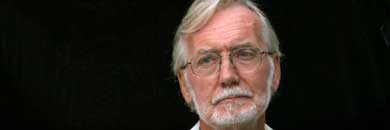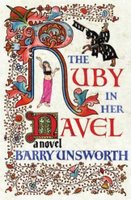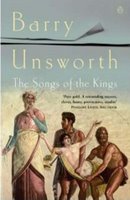SHOOTING THE BREEZE
By Eric Forbes
LIFE ENDS THE MOMENT EDUCATION STOPS. I am sure we all know this by now: lifelong or constant learning is the only way to go. For most people, education ends the moment they step out of the school or university gates. Education must be translated to better manners, empathy, ethics, morality and moral responsibility, and higher productivity at the workplace. Do qualifications or experience matter? I notice that many degree holders lack even the most basic of skills: reading, writing and thinking. In fact, these are skills that one can acquire even without a basic degree. The thing is, with all these qualifications, there is no guarantee that such a person will be able to contribute to an organisation in a productive, effective, creative and profitable manner. (I know of many people with Master’s degrees who are totally useless in some companies; I have had the unfortunate privilege of working with some of them through the years.) And what about experience? Experience, by all accounts, is overrated. Experience counts for nothing because people tend to repeat their mistakes and never learn from the past. History as we very well know always repeats itself. People just never learn.
 The modern workplace demands a well-rounded person: one who is able to write and communicate well, think critically, intelligently and maturely, manage time, create excellence in whatever they do and deliver results fast and with accuracy. Results matter. There’s no two ways about it, I’m afraid. Otherwise, one is practically useless despite the string of qualifications one has amassed. Sadly, most people stop learning the moment they start working; they allow their brains to putrefy and decay. Reading as widely as possible is one way of improving oneself, for books, according to poet Edward Hirsch, are our only beacons, our imaginative guides through the labyrinths of human experience. However, most people do not read or prefer not to read. They prefer activities that are less taxing, like watching DVDs of alien invasions and thronging the halls and corridors of shopping malls.
The modern workplace demands a well-rounded person: one who is able to write and communicate well, think critically, intelligently and maturely, manage time, create excellence in whatever they do and deliver results fast and with accuracy. Results matter. There’s no two ways about it, I’m afraid. Otherwise, one is practically useless despite the string of qualifications one has amassed. Sadly, most people stop learning the moment they start working; they allow their brains to putrefy and decay. Reading as widely as possible is one way of improving oneself, for books, according to poet Edward Hirsch, are our only beacons, our imaginative guides through the labyrinths of human experience. However, most people do not read or prefer not to read. They prefer activities that are less taxing, like watching DVDs of alien invasions and thronging the halls and corridors of shopping malls.I am not suggesting that qualifications do not matter (yes, sometimes they do matter); what I’m saying is that qualifications should be secondary when assessing a person for the workplace. What matters most is the person’s attitude to life, work, people, etc. Many people really have no idea of what work is, the concept of profitability, quality, etc. I know of young adults who are great workers despite their lack of qualifications. Yes, they may lack qualifications, but the thing is, they never tire of learning constantly and improving themselves.
Why is it that the more educated we are the more resistant we are to new ideas and change? Perhaps this is one of those hard-to-understand human-nature things? Another strange phenomenon that demands anthropological dissection. We must learn to allow our imaginations to soar and go to places we normally wouldn’t go in real life.

 They say wisdom comes with age. We learned of this adage when we were young. But now that I am all grown up, I think that’s all balderdash. Somehow, many people older than me don’t seem to have accumulated much wisdom at all despite the passing of years. What a waste of precious life! One lifetime of wasted opportunities! In fact, I have seen kids behaving better than adults. These are really strange circumstances that we are observing today. But then I know of some young adults who prefer not to work because their parents are rich and there is no real need for them to work. Work, they say, is such a waste of time. After all, they say, the salary they are paid is less than the allowance they receive from their parents. One of the protagonists in Claire Messud’s comedy of manners, The Emperor’s Children (2006), tells her celebrity journalist father that a job would make her ordinary, like everybody else. Another book about people who lead aimless, wasted lives is Jay McInerney’s The Good Life (2006). Read them and you will see that fiction does unravel truths about ourselves and the people around us. How do we want to define ourselves when we come to the end of our lives?
They say wisdom comes with age. We learned of this adage when we were young. But now that I am all grown up, I think that’s all balderdash. Somehow, many people older than me don’t seem to have accumulated much wisdom at all despite the passing of years. What a waste of precious life! One lifetime of wasted opportunities! In fact, I have seen kids behaving better than adults. These are really strange circumstances that we are observing today. But then I know of some young adults who prefer not to work because their parents are rich and there is no real need for them to work. Work, they say, is such a waste of time. After all, they say, the salary they are paid is less than the allowance they receive from their parents. One of the protagonists in Claire Messud’s comedy of manners, The Emperor’s Children (2006), tells her celebrity journalist father that a job would make her ordinary, like everybody else. Another book about people who lead aimless, wasted lives is Jay McInerney’s The Good Life (2006). Read them and you will see that fiction does unravel truths about ourselves and the people around us. How do we want to define ourselves when we come to the end of our lives?


